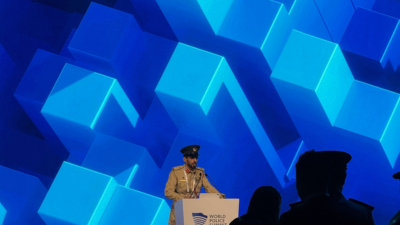When Volvo Cars planned for a new assembly line for their latest electric model, the company decided to put VR to the test. Hundreds of new hires - many without any previous experience - needed to learn how to build the car in a relatively short time span. The goal of the project was to compare the training effectiveness of VR versus traditional classroom training.
After an intense selection procedure, we were chosen over 6 competitors and started to build several virtual workstations.
Our design and development criteria were manifold: a close match of the virtual world with the real factory environment and assembly steps, ease-of-use and intuitive UX/UI, adaptability of the steps by internal staff, and trainer features such as analytics and monitoring.
Another requirement was simplicity of the hardware setup. The training runs on Meta Quest headsets, without the need of a tethered PC or even an internet connection.
Trainees, trainers and line management were all extremely pleased with the outcome and could clearly see a solid future for VR based training in an automotive factory environment.
FlandersMake, the strategic research centre for the manufacturing industry, performed an in-depth audit of the Volvo VR assembly line training and concluded that...
"It was perceived as useful, immersive and engaging, with a strong sense of presence in the virtual environment. It showed strong potential as an effective training tool.
VR training has shown several advantages, including unlimited practice time for operators at their own pace and support level. It allows them to make mistakes and repeat tasks without disrupting actual production or wasting materials. Additionally, training can begin even before the delivery of materials required for assembling the new car model at the company.”





